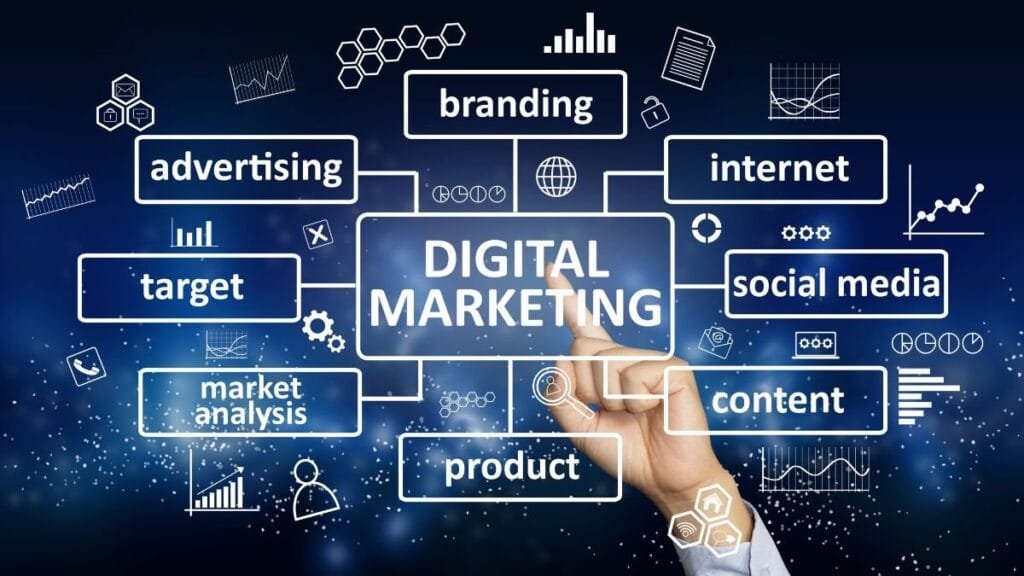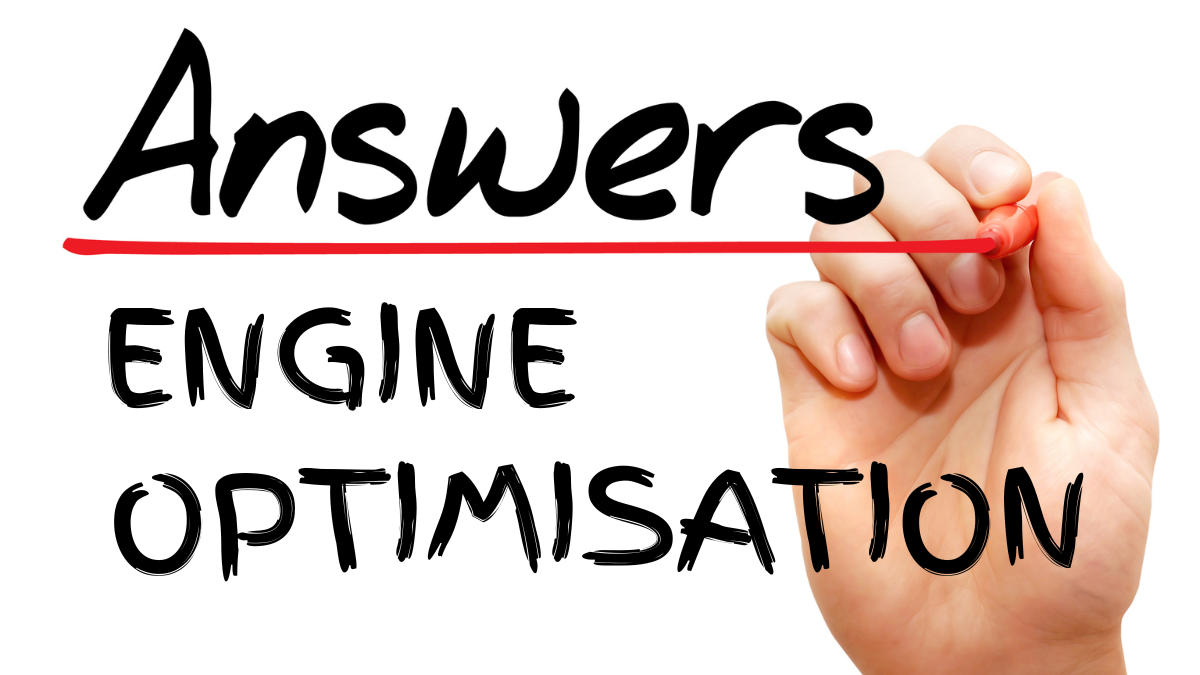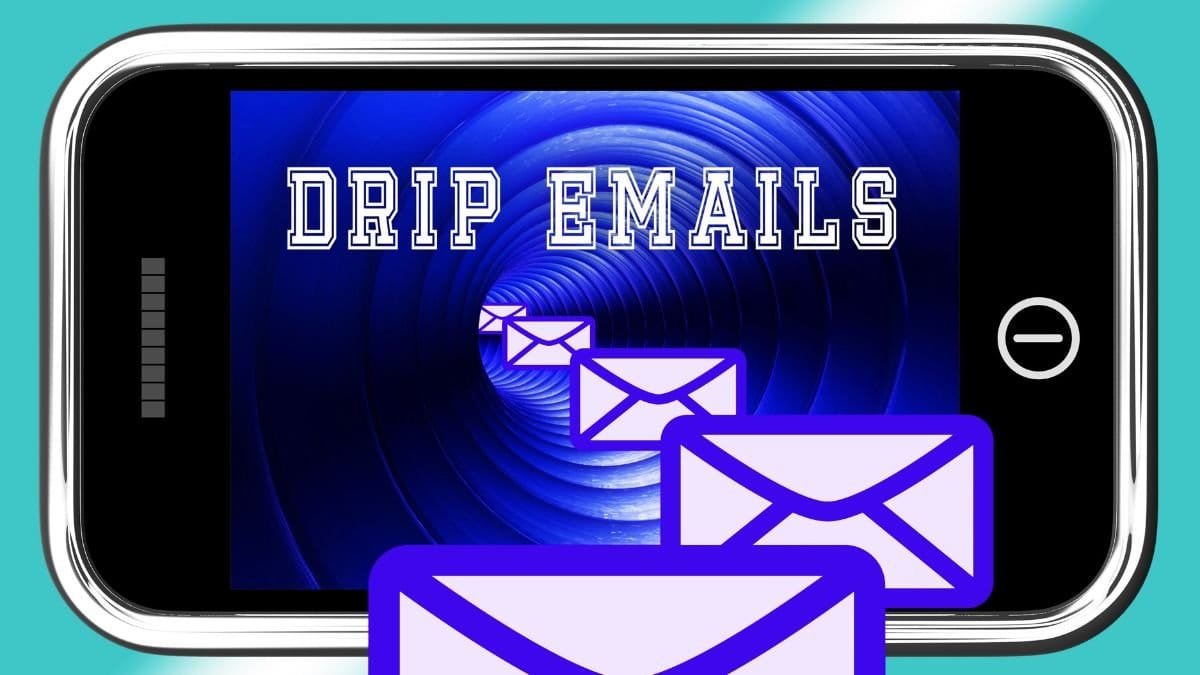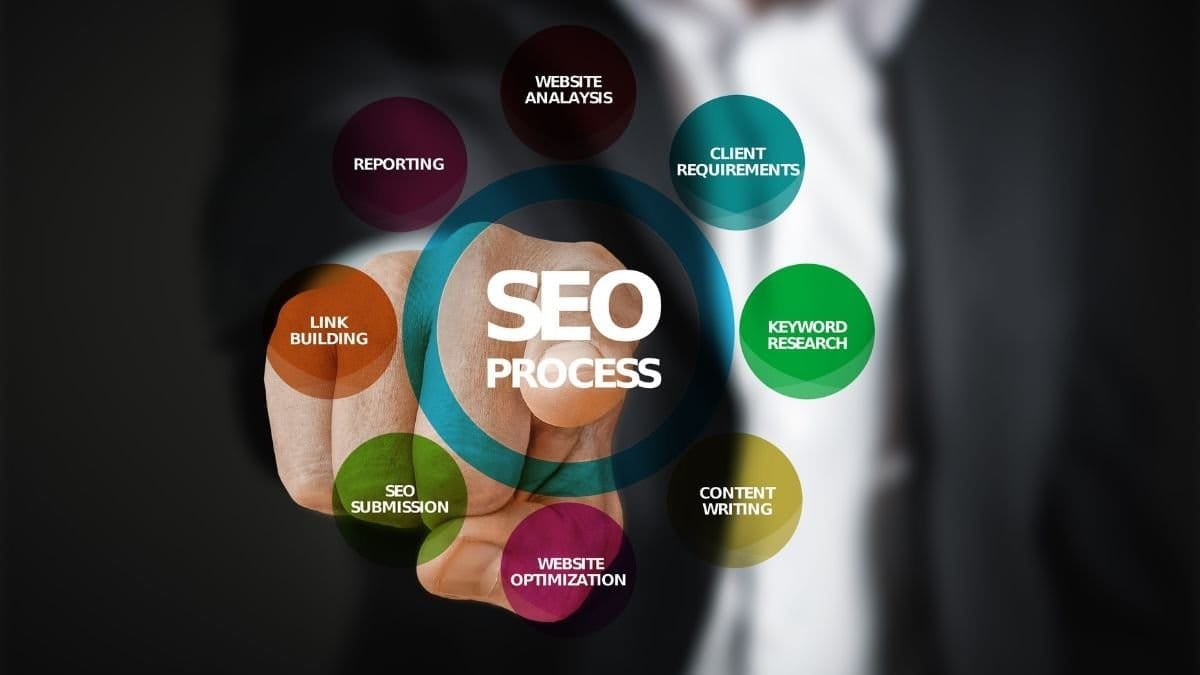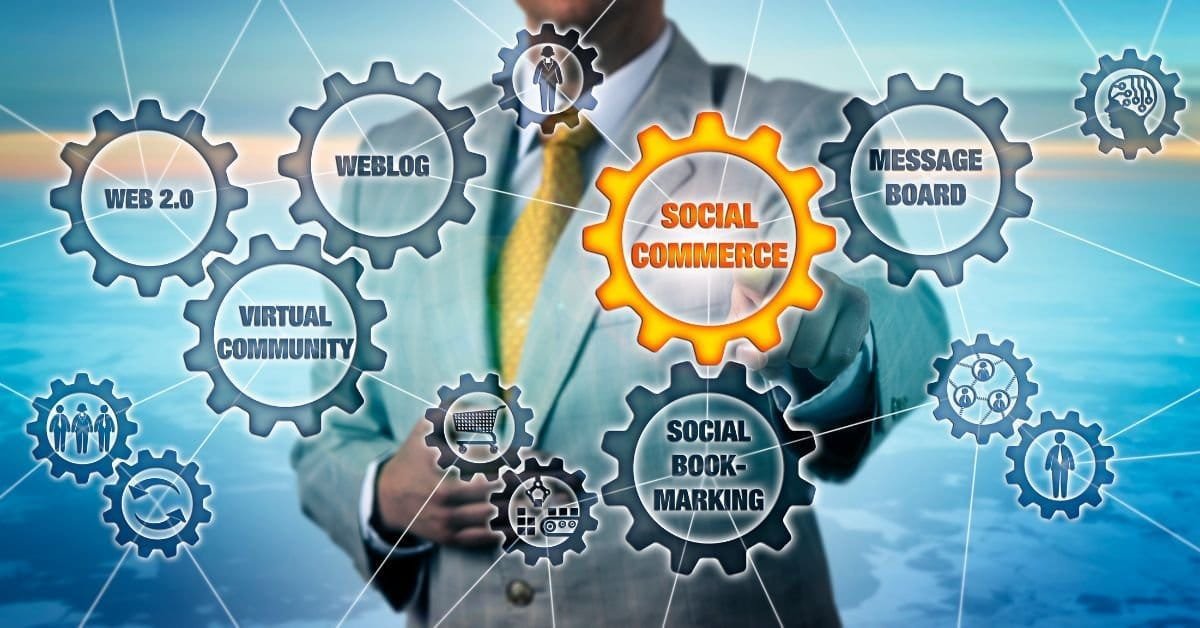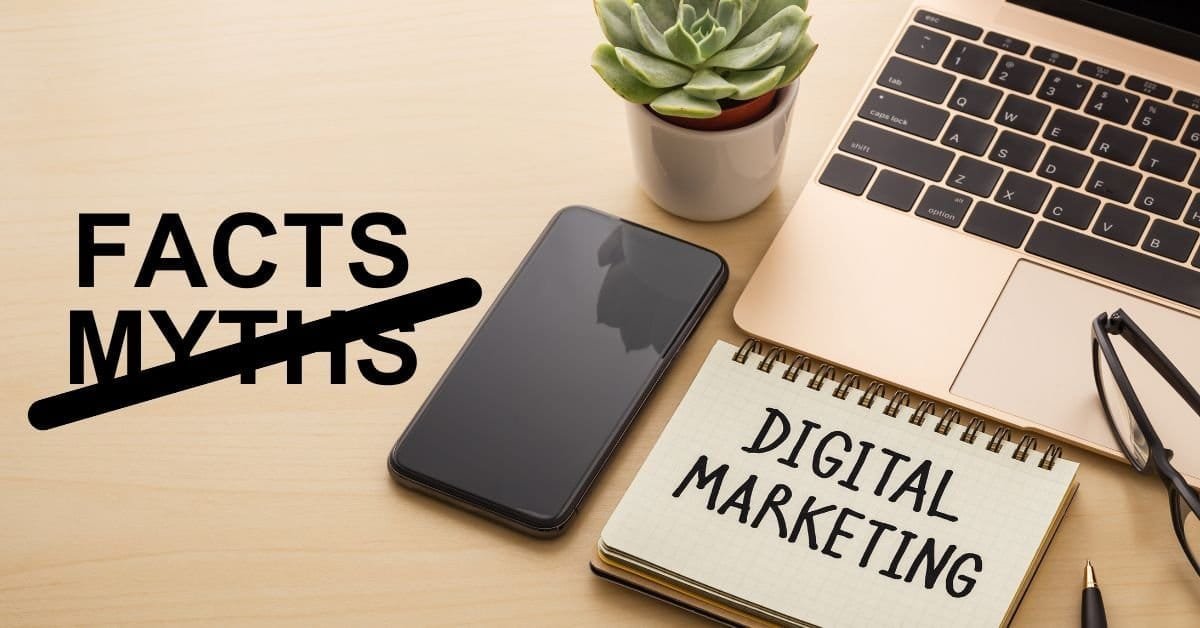What is Digital Marketing?
Digital marketing refers to the promotion of products, services, or brands through digital technologies such as the internet, mobile devices, and other digital mediums. It is a modern approach that uses online channels to connect with and engage audiences, offering businesses innovative ways to reach potential customers.
In its simplest form, digital marketing is about leveraging technology to meet customers where they spend their time—online. This strategy is crucial in today’s world, where digital interactions are a significant part of the customer journey.
Objectives of Digital Marketing
The main goals of digital marketing are to:
- Increase brand visibility and awareness.
- Drive customer engagement.
- Generate leads and boost conversions.
- Build lasting customer loyalty.
By integrating various digital channels, businesses can create meaningful connections with their audience, fostering relationships that translate into long-term success.
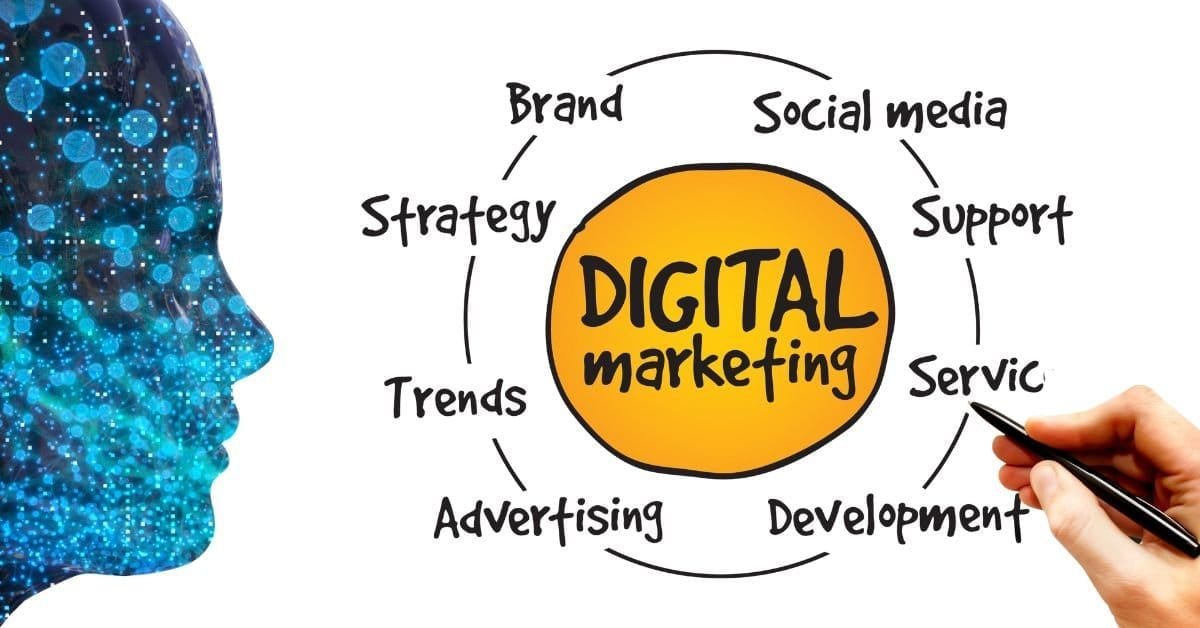
Why Digital Marketing is Essential
The digital age has revolutionized how businesses interact with their audiences. Traditional marketing methods, such as print ads and direct mail, are no longer sufficient to capture consumer attention. The growing reliance on digital platforms for information, shopping, and communication has made digital marketing a necessity for businesses of all sizes.
Advantages Over Traditional Marketing
- Global Reach: Digital marketing breaks geographical barriers, enabling businesses to reach audiences worldwide.
- Precise Targeting: Advanced tools allow you to target specific demographics, interests, and behaviors.
- Cost-Effectiveness: Achieve measurable results without the high costs associated with traditional advertising.
- Measurable Results: Analytics tools provide real-time data to measure campaign success and optimize strategies.
- Adaptability: Campaigns can be adjusted quickly based on performance metrics and audience feedback.
With digital marketing, businesses can stay agile, adapting to trends and consumer behavior in ways traditional marketing cannot.
Key Digital Marketing Channels
Digital marketing encompasses a variety of channels, each serving unique purposes and audiences. Here’s a detailed look at the most impactful methods:
1. Search Engine Optimization (SEO)
SEO focuses on improving your website’s visibility in search engine results pages (SERPs). This involves:
- Keyword research and optimization.
- Creating high-quality, relevant content.
- Improving website structure and navigation.
- Building backlinks to increase authority.
Why SEO Matters:
- It drives organic traffic, which is cost-effective and sustainable.
- Helps establish credibility and authority in your industry.
- Boosts user experience through better site performance.
2. Pay-Per-Click (PPC) Advertising
PPC is a paid advertising model where businesses pay for each click on their ad. Platforms like Google Ads and social media networks enable businesses to:
- Target specific keywords and demographics.
- Set budgets and control spending.
Advantages of PPC:
- Immediate visibility in search results or social feeds.
- High ROI due to precision targeting.
- Flexibility to scale campaigns based on performance.
3. Social Media Marketing (SMM)
Social media platforms such as Facebook, Instagram, Twitter, LinkedIn, and TikTok are invaluable for reaching and engaging with audiences. SMM involves:
- Creating and sharing valuable content.
- Running ads to increase brand visibility.
- Engaging directly with customers through comments and messages.
Key Benefits:
- Build strong brand loyalty by fostering direct relationships.
- Drive traffic to your website or landing pages.
- Tap into viral trends to amplify reach.
4. Content Marketing
Content marketing focuses on producing valuable, relevant, and consistent content to attract and retain a clearly defined audience. Examples include:
- Blog articles.
- Videos and webinars.
- Infographics and eBooks.
Why It Works:
- Builds trust and positions your business as an industry authority.
- Encourages audience interaction and shares.
- Improves SEO through regularly updated content.
5. Email Marketing
Email remains one of the most effective digital marketing tools. It allows businesses to:
- Send personalized messages based on user behavior.
- Share updates, promotions, and newsletters.
- Nurture leads and drive repeat purchases.
Why Email Marketing is Effective:
- Provides a high ROI with minimal costs.
- Delivers targeted messages to segmented audiences.
- Builds a loyal customer base through consistent communication.
6. Influencer Marketing
By partnering with influencers who align with your brand, you can tap into their dedicated audience to promote your products or services. Influencer marketing is especially effective for:
- Increasing brand trust and credibility.
- Reaching niche markets.
- Boosting engagement through authentic endorsements.
7. Affiliate Marketing
Affiliate marketing involves collaborating with partners who earn a commission for driving traffic or sales to your business. It’s a low-risk strategy that:
- Increases exposure through trusted affiliates.
- Offers a cost-effective way to drive results.
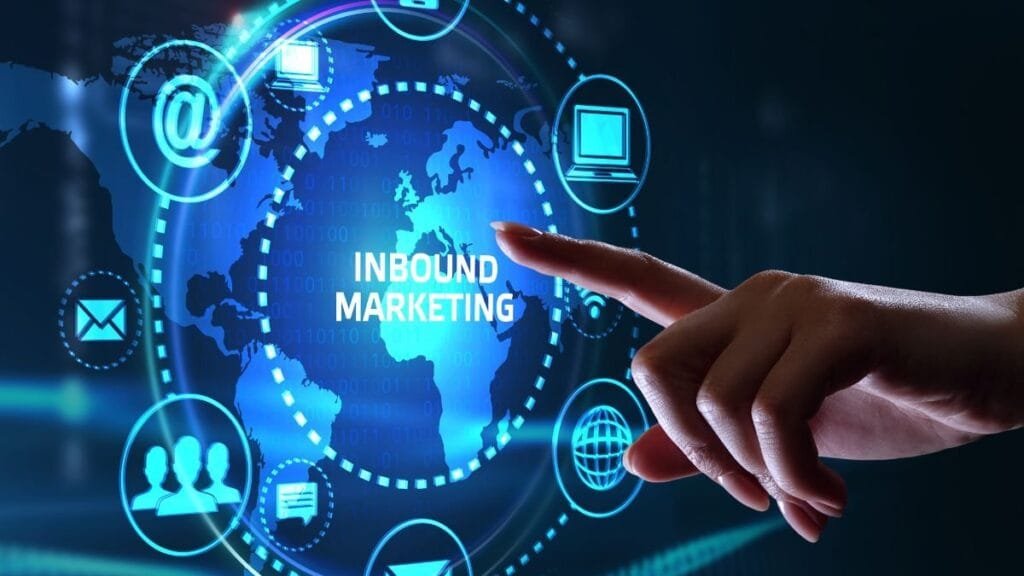
Emerging Trends in Digital Marketing
As digital marketing evolves, businesses must stay ahead of the curve by adopting new technologies and strategies.
1. Voice Search Optimization
With the rise of smart speakers and voice assistants, optimizing content for voice search has become essential. Voice queries tend to be conversational, so incorporating natural language into SEO strategies is key.
2. Artificial Intelligence (AI)
AI tools, such as chatbots and predictive analytics, allow businesses to deliver personalized experiences and automate repetitive tasks. AI also helps analyze large datasets, enabling better decision-making.
3. Video Marketing
Video content continues to dominate platforms like YouTube, Instagram, and TikTok. Businesses can use:
- Explainer videos to educate audiences.
- Testimonials to build trust.
- Live streams to engage in real-time.
4. Interactive Content
Quizzes, polls, and interactive infographics provide a more engaging experience for users, keeping them on your site longer and increasing conversions.
Conclusion
Digital marketing is no longer optional—it’s essential for businesses looking to thrive in the modern world. By leveraging a combination of SEO, PPC, social media, content, and email marketing, businesses can:
- Reach their target audience effectively.
- Drive meaningful engagement.
- Build lasting relationships with customers.
Staying on top of emerging trends, such as voice search and AI, ensures that businesses remain competitive in an ever-changing landscape. For more insights and free learning resources, learn more about digital marketing fundamentals with Google’s Digital Garage.
Ready to grow your business with digital marketing? Start today by crafting a strategy that aligns with your goals and takes advantage of the power of digital channels.
